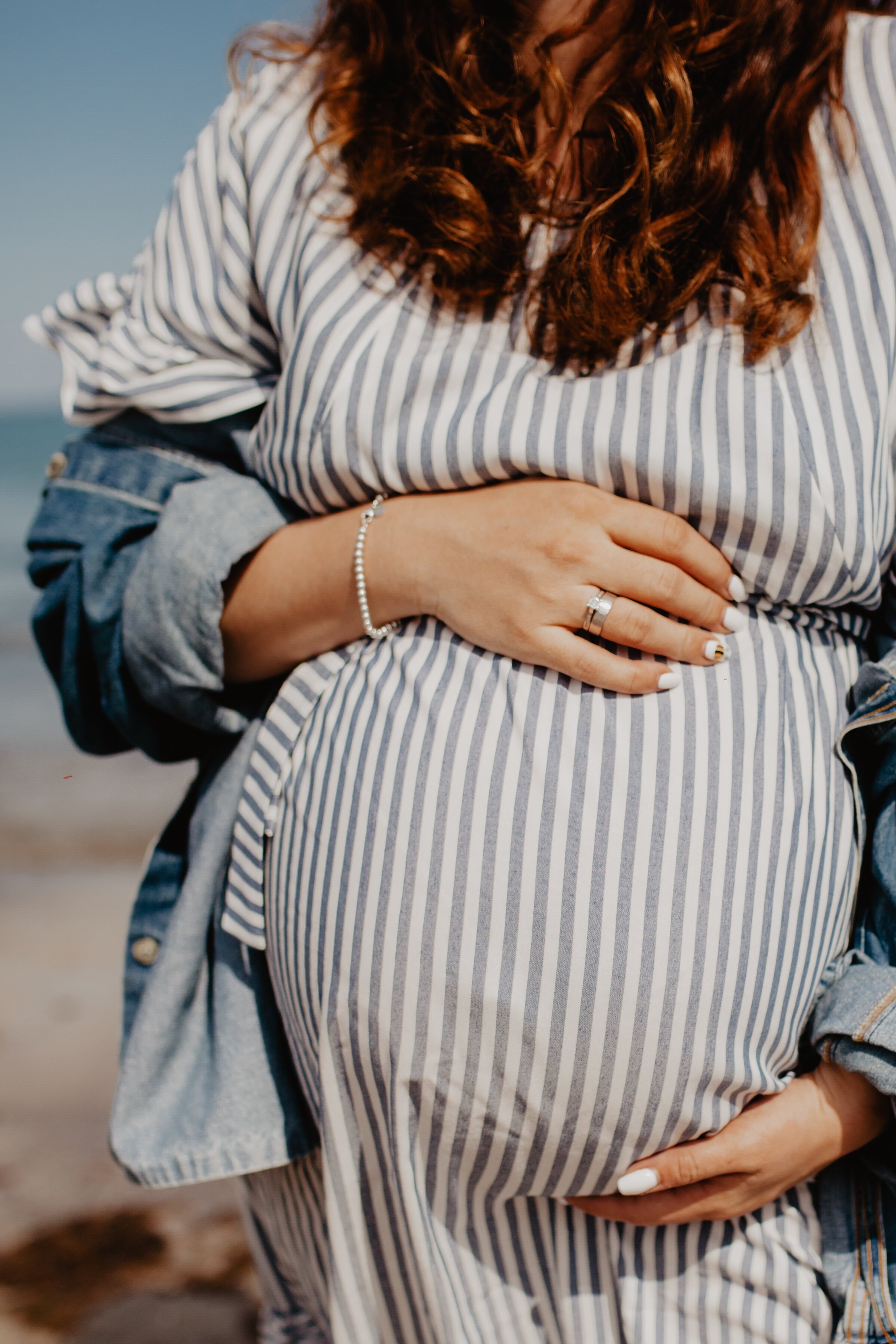Low Iron During Pregnancy
Iron is essential for red blood cell production. The main role of red blood cells is to carry oxygen to your cells. They are made in your bone marrow, and contain haemoglobin, which is the vital carrier protein that carries oxygen through your body. To make haemoglobin, we need iron, vitamin B12 and folate.
Low iron, or iron deficiency, causes anaemia which can make you feel tired and weak even when you’re not pregnancy.
Why you need iron when you’re pregnant
When you’re pregnant, you need 15-30% more red blood cells to provide your baby with oxygen, and you need 3 times as much iron as compared to when you’re menstruating (which is the peak of our iron needs during the month, as we lose blood). Your body’s need for iron increases as the pregnancy progresses.
To make enough of these red blood cells, your body’s need for iron increases a lot. Some women get enough iron from their diet, but many do not. As your pregnancy continues, you might be told you have low iron and need to take supplementation.
The dangers of deficient iron during pregnancy
Anaemia can be mild or it can be severe. The more severe it is, the higher the risk for you and your baby.
Severe anaemia will put your baby at risk of:
· Being born too early (premature birth)
· Being born at a low birth weight
· Developing anaemia in infancy
As for the mother, severe anaemia will put you at risk of:
· Making it more difficult to fight infections
· Losing too much blood during delivery
· Having restless legs syndrome during pregnancy
· Developing postpartum depression
Signs and symptoms of iron deficiency during pregnancy
Many signs and symptoms of anaemia during pregnancy might feel like ‘normal’ pregnancy symptoms. If mild anaemia progresses to severe anaemia, then the symptoms become more obvious.
· Fatigue and weakness
· Pale or yellowish skin
· Rapid or irregular heartbeat
· Chest pain
· Feeling lightheaded or dizzy
· Cold hands and feet
· Headache
· Shortness of breath
· Trouble concentrating
Animal protein, including lean meats, poultry, and fish, provide a type of dietary iron called heme – the type of iron your body absorbs and utilises most easily.
Many plant-based foods are good sources of non-heme iron. These include:
· Dried fruits, such as raisins and apricots
· Dried beans
· Peas
· Dark green leafy vegetables
· Eggs (though not plant based)
Your body will absorb iron best with sufficient vitamin C. This doesn’t mean you can have orange juice with every meal! It means ensure you’re also eating enough vitamin C during your day, or that your pregnancy supplement has adequate vitamin C.
When your iron is low despite a healthy diet
As a general rule, pregnant women need at least 27 milligrams (mg) of iron each day.
Some women get this from their pregnancy multivitamin. Others need to take additional iron supplementation to get enough iron.
You will be routinely tested for iron deficiency through your pregnancy, so if you’re not sure, speak to your health provider.

